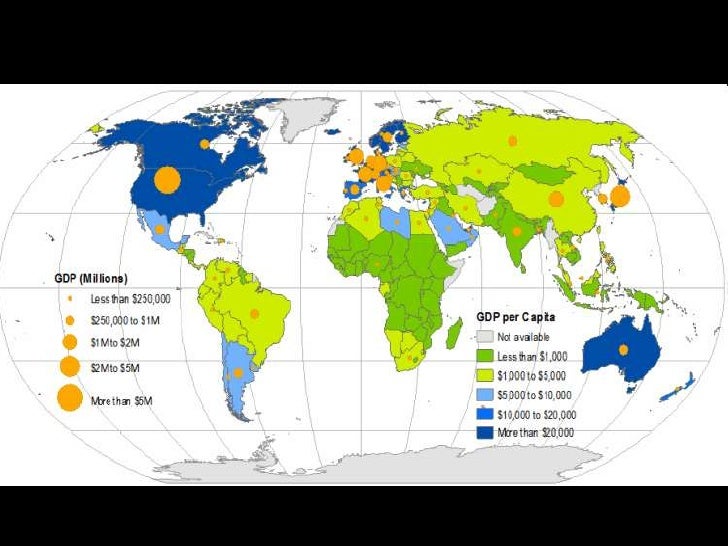
Markers seek to reward candidates who pursue issues with knowledge and depth.
All the PYTP received demonstrate that. They include but are not limited to the following-
a. Understanding what inspired question / debate in the first place
b. Awareness of basic concepts and conceptual terms / vocabulary associated with topic
c. Good command of 5-8 main examples, at least.
d. The main debates surrounding issue and willingness to stand by one
What does it mean to have depth and mastery over a topic?
Let recall the different levels of depth that ought to help you build a good command for a topic.
The example will be based on questions related to international relations and foreign aid.


As shared in previous lessons, there are 3 different stages of content-acquisition in mastering a topic.
Read 5 readings here (some should refresh your senses based on the older ones in the Global Issues InfoPack) and make notes / create a mind-map on capture all ideas.
Note that you cannot progress to appreciating Level 3 without first having some basic command of what a topic involves...this strategy forms the bedrock to mastering any key concerns addressed in General Paper.
Level 1:Foundational Understanding and Basic Concepts
http://www.borgenmagazine.com/where-does-the-money-go-understanding-different-types-of-foreign-aid/
http://www.bbc.co.uk/schools/gcsebitesize/geography/development/aid_rev1.shtml
Level 2: Awareness of Underlying Issues
http://www.povertyeducation.org/the-foreign-aid-debate.html
Level 3: Ethical Implications in providing foreign aid
https://www.brandeis.edu/ethics/ethicalinquiry/2013/March.html
http://www.sbs.com.au/news/article/2015/05/05/maintaining-foreign-aid-moral-obligation-ngos-say-ahead-cuts
http://borgenproject.org/us-obligation-give-money-abroad/

Test yourself:
Using essential essay skills, structure and discourse markers taught, how would you respond to the following (high SI questions) on this issue?
1. Question 12@ RI Prelims 2015
2. In times of economic hardship, should a country still be expected to provide financial or material aid to others?
3. To what extent can international aid be really effective?
4. Should developed countries be expected to do more in times of crisis?


















